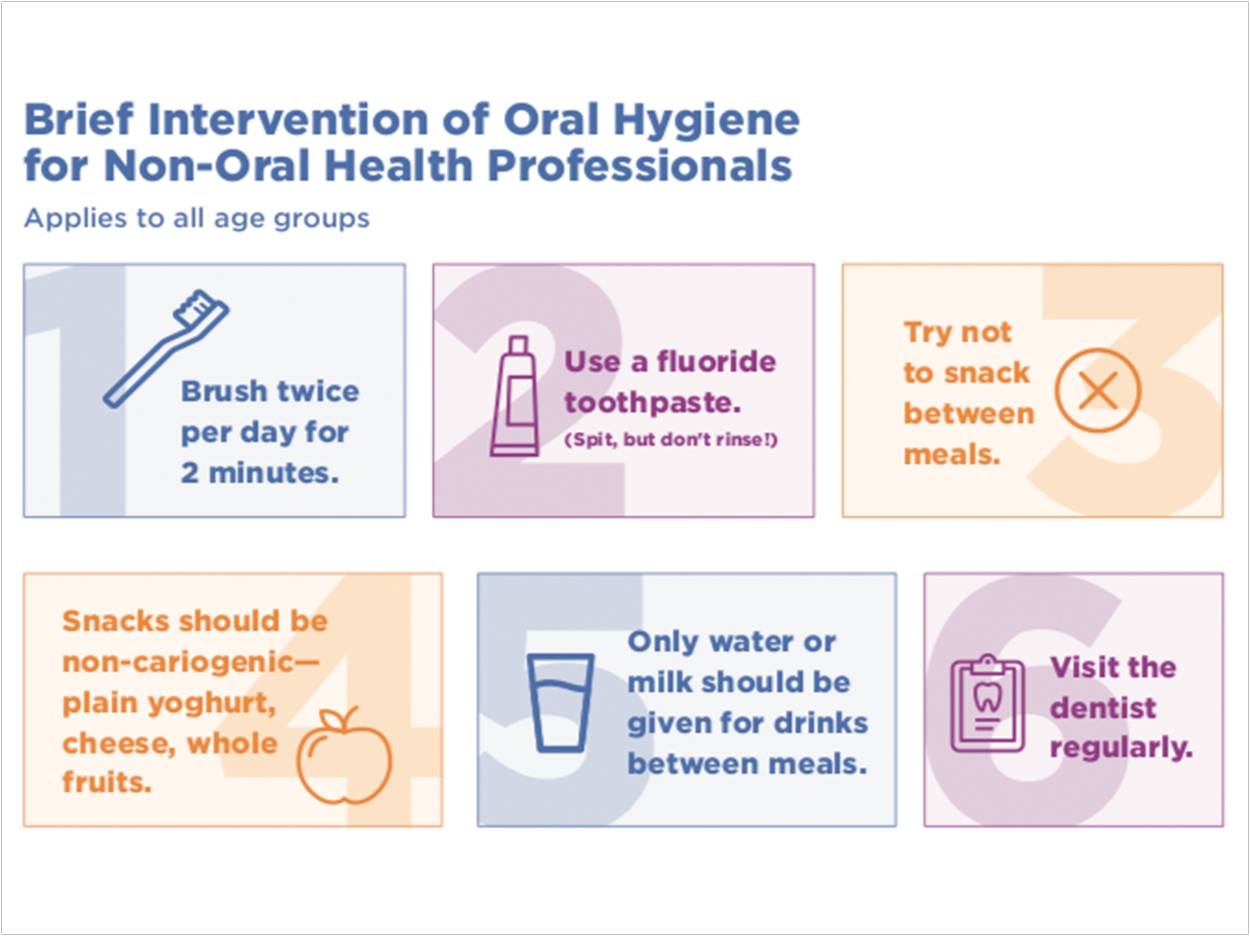
A baby is born with a cleft about every three minutes, according to the FDI World Dental Federation. Many children with clefts have severe difficulties eating, breathing, hearing, and speaking. Even after cleft surgery, these children have a higher risk for tooth decay, gum diseases, and other oral health issues.
The diverse healthcare providers who care for patients with clefts have an important role in supporting their oral health and overall well-being, FDI said. That is why the organization has teamed up with Smile Train and GSK Consumer Healthcare to launch guidelines for oral health professionals and the wider cleft care team to reduce oral disease and improve oral health.
With these guidelines, the collaborators hope to empower local cleft teams with training and resources to provide comprehensive oral healthcare. To learn more about these guidelines, providers are encouraged to view the archived FDI Oral Health Campus webinar, where they were released for the first time.
During the webinar, FDI and Smile Train experts will present the Oral Health in Comprehensive Cleft Care guidelines, discuss the oral health challenges that people with treated or untreated clefts often face, and offer clear solutions to optimize patients’ well-bring, ensuring that they’re able to eat, speak, breathe, and swallow.
The rehabilitation and care of children with clefts often involves the core specialties of nursing, plastic surgery, pediatric dentistry, speech therapy, and orthodontics, FDI said. All of the members of the cleft care team can contribute to reinforcing the patient’s oral health, ideally by following a set of agreed upon and adopted protocols to ensure good interdisciplinary communication, FDI added.
“Children with clefts suffer disproportionally from oral disease, which can not only affect their overall health and well-being, but also their long-term development,” said FDI president Dr. Gerhard K. Seeberger.
“Ensuring that the cleft care team is trained to help prevent oral disease is so important. FDI is delighted to share these new guidelines, which we hope will empower the whole team to deliver consistent, quality care to all patients living with clefts,” said Seeberger.
“We aim to integrate oral health into the care pathway for children with clefts. Regular dental care for children with clefts is essential to help manage their increased risk for oral disease,” said Smile Train president and CEO Susannah Schaefer.
“It’s important for healthcare providers and caregivers to recognize the signs of oral diseases and know how to prevent them. This is the only way to enable people with clefts to enjoy the highest possible quality of life,” said Schaefer.
“At GSK, we understand the importance of good oral health and hygiene for all, especially for those living with clefts,” said GSK global category lead oral health Jayant Singh.
“Comprehensive cleft care is a key focus of the work we support with Smile Train and FDI. We are so excited about the release of these guidelines, which we think will serve as a transformative and indispensable tool for the entire cleft care team,” said Singh.
Related Articles
FDI Drafting Oral Healthcare Standards for Cleft Patients
Repeated Surgeries Have No Major Psychosocial Impact on Children With CLP
Dental School Investigating Epicardial Cell Regeneration












